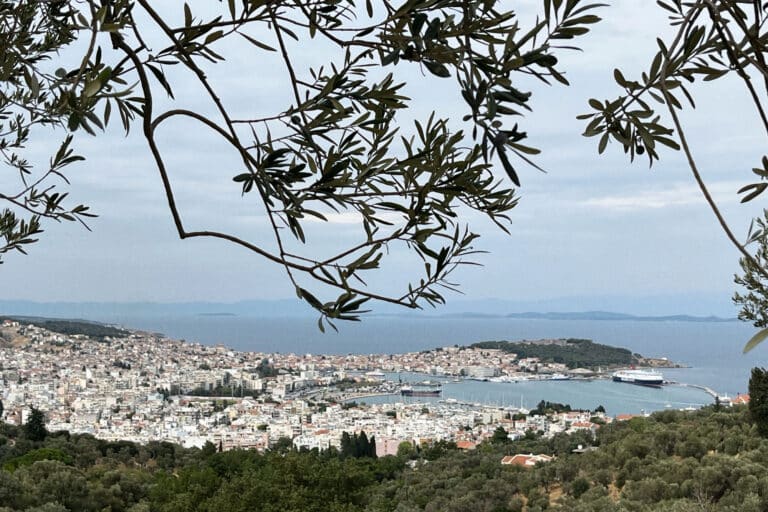Define violence. This is often a recurring conversation with colleagues at CPT as we wrestle with several different iterations of violence, justifications of actions, and understanding of power.
Violence is easily recognized when it is direct, physical, tangible harm inflicted on bodies. We can see it happen and we can understand the impact. It gets harder to identify when violence is part of a cultural understanding or structural institution, where, unless it’s happening to us, the violence becomes hidden in places like policy and religion. We could add to this list the violence of privilege, or the ability to effectively ignore or erase experiences of violence because they do not happen to us.
Then there’s the justification. For example, society has granted certain state-sanctioned actors the ability to use violence but denied that justification to others. How are some people given the permission to use violence while others are not?
And this leads to who holds the power and who then gets to determine what constitutes violence. As long as you control the narrative, you get to draw up the ethics of violence. So the definition doesn’t even really matter then, does it.
Last Saturday, the United States was shaken by an attempted assassination of Donald Trump, who sustained an injury to his ear from a sniper shot. Scores of fellow politicians and other influential people of power raced to social media to declare that there is no place for political violence in the US, condemning the actions of the shooter. To be clear, political assassinations are highly harmful, deliberate actions of violence that statistically lead to more unrest and further violence; they must be denounced.
But the level of hypocrisy within these political spaces is astronomical.
The US has been involved in countless coups and assassinations around the world, contributing to political violence and destabilizing other governments. On the day that Trump was shot, Israel carried out several different massacres on Palestinians in Gaza, using US military aid and weapons. The last week has been one of the deadliest weeks for Palestinians in the last nine months.
The United States itself has been built on the political violence of colonialism, genocide, slavery, and white supremacy. Police brutality, poverty, and the privatization of healthcare have amounted to terrible suffering and death as a result of political violence. Breonna Taylor’s death was political. Susan Finley’s death was political.
By rebuking the violence against Trump this week, and only that act of violence, what these folks mean to say is that certain lives matter more than others. We don’t get to pick and choose whose lives are more valuable based on their political status. All violence is political and a government that funds the genocide in Palestine, sponsors the looting of natural resources at home in Oak Flat and abroad in Colombia, and sanctions the violent border machine with Mexico, should not be surprised when the bullet nicks their ears.




